Find Help
More Items From Ergsy search
-
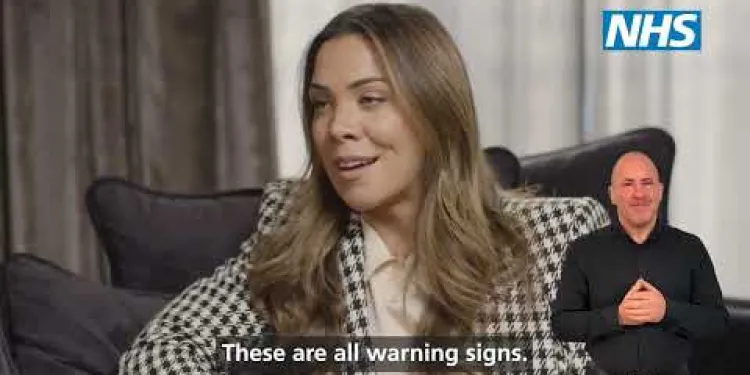
Heart Attack Symptoms - Peter Dale (Tubes) | NHS - BSL version
Relevance: 100%
-
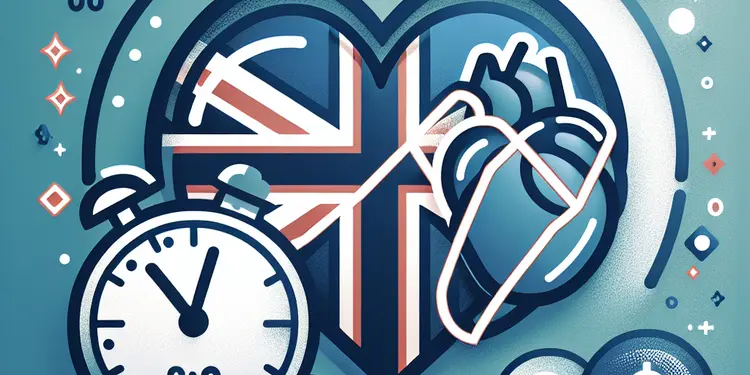
How long do heart attack symptoms last?
Relevance: 63%
-
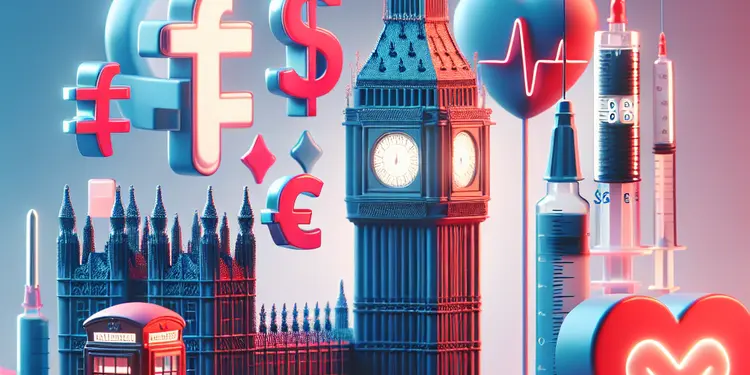
Are heart attack symptoms different for people with diabetes?
Relevance: 63%
-
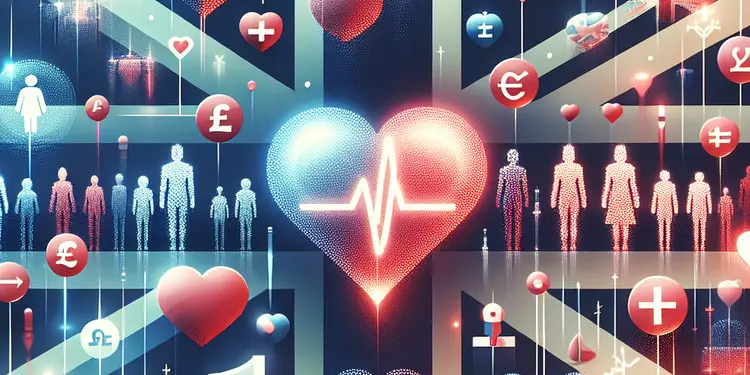
Can heart attack symptoms vary by age?
Relevance: 63%
-

What should I do if I'm experiencing heart attack symptoms?
Relevance: 62%
-
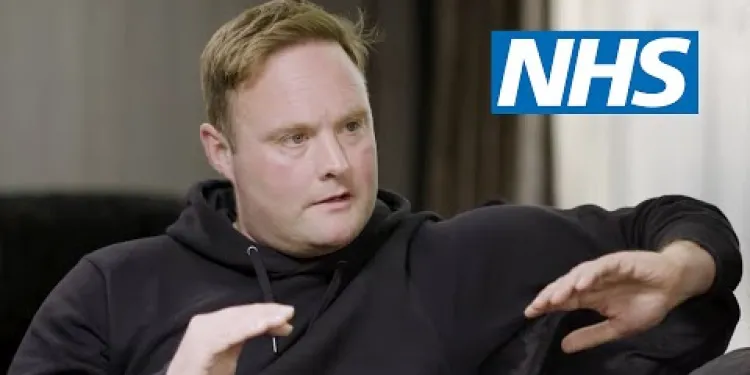
Heart Attack Symptoms - Peter Dale (Tubes) | NHS
Relevance: 61%
-
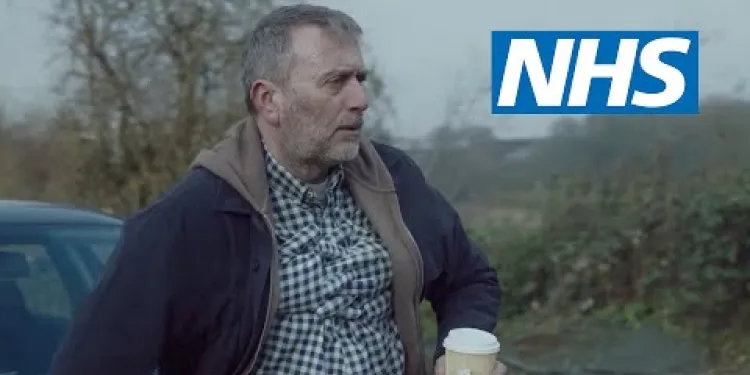
Heart Attack Symptoms - Help Us Help You | NHS
Relevance: 60%
-

Can women have different heart attack symptoms than men?
Relevance: 57%
-
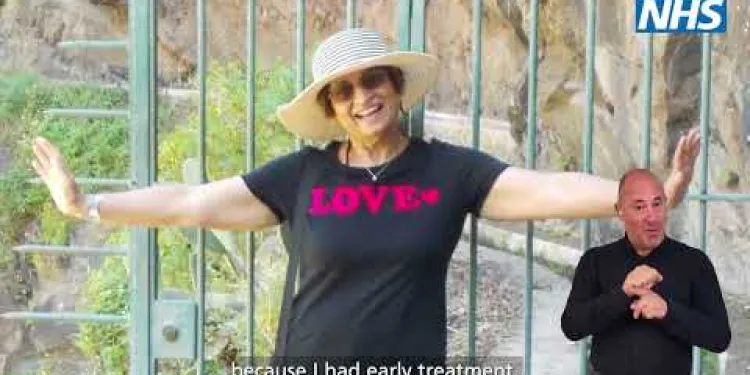
Get cancer symptoms checked by your GP | NHS - BSL version
Relevance: 57%
-
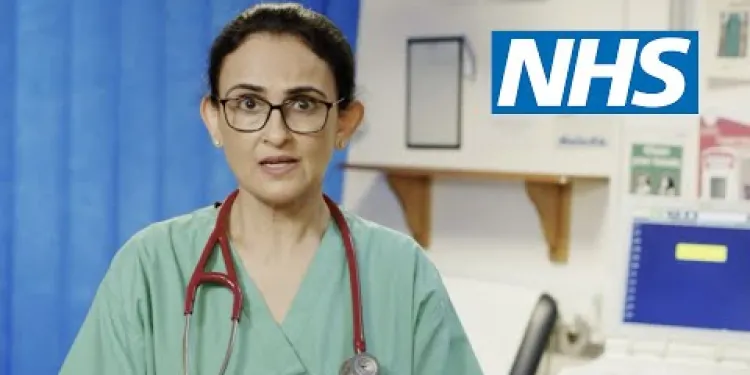
Heart Attack Stories | NHS
Relevance: 57%
-
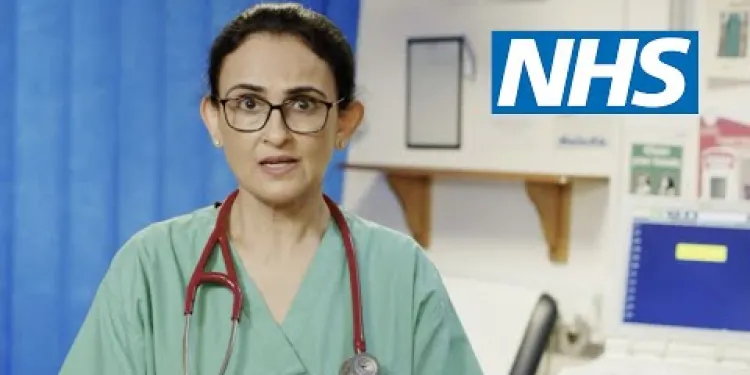
Heart Attack Stories | NHS
Relevance: 57%
-
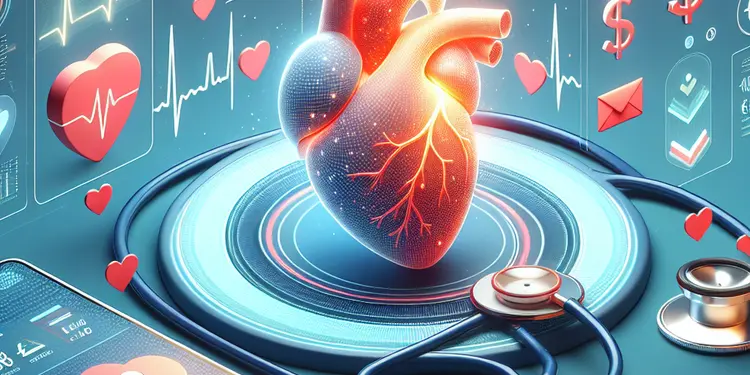
Is it possible to prevent a heart attack?
Relevance: 53%
-
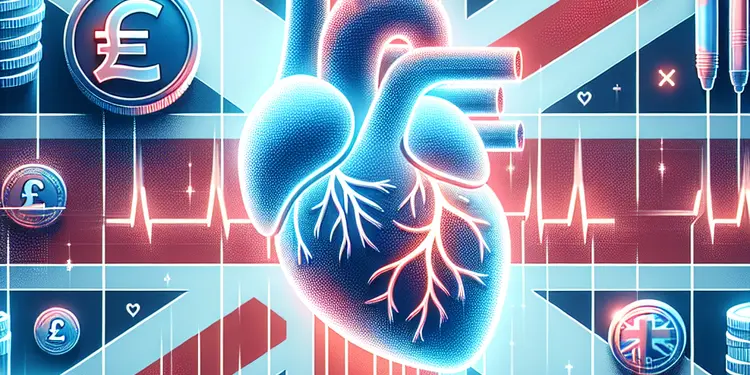
What are the long-term effects of a heart attack?
Relevance: 52%
-

Is it possible to have a heart attack without chest pain?
Relevance: 52%
-
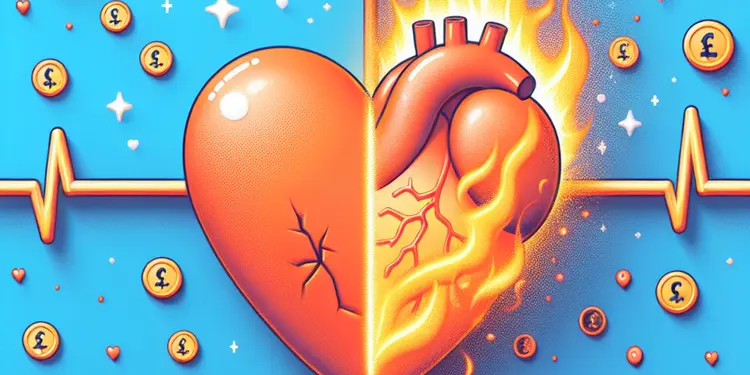
How can I differentiate between heartburn and a heart attack?
Relevance: 51%
-
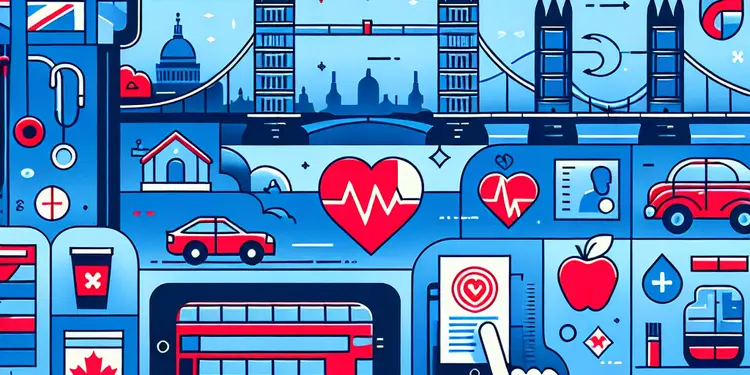
What are the risk factors for a heart attack?
Relevance: 51%
-
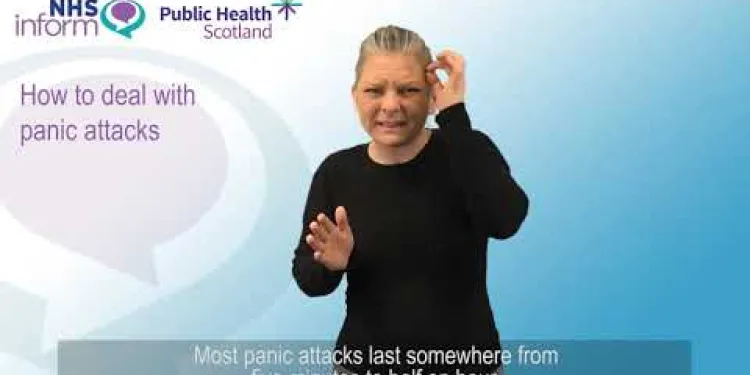
BSL - How to deal with panic attacks
Relevance: 50%
-
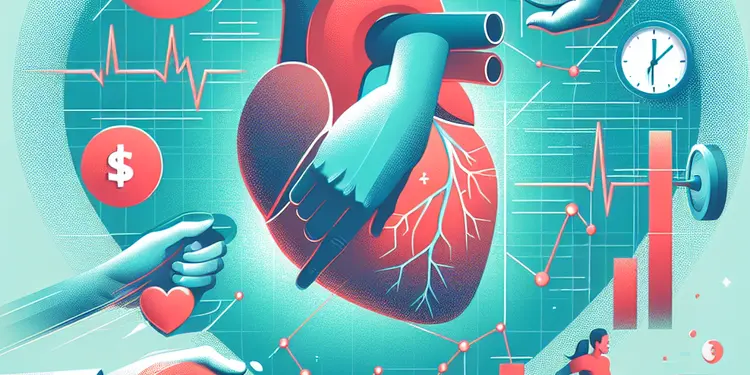
Can physical exertion trigger a heart attack?
Relevance: 49%
-
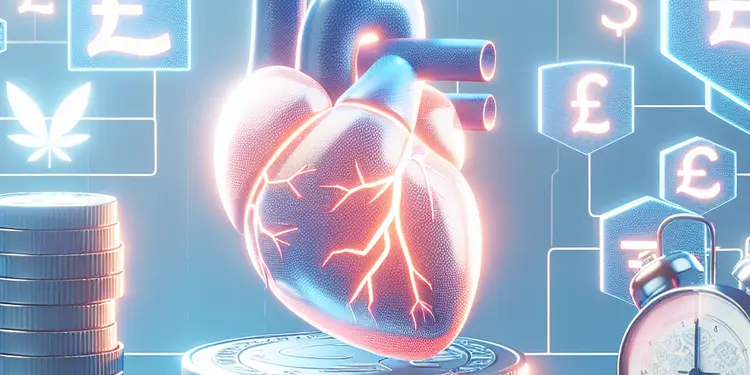
How do beta-blockers contribute to heart attack prevention?
Relevance: 48%
-
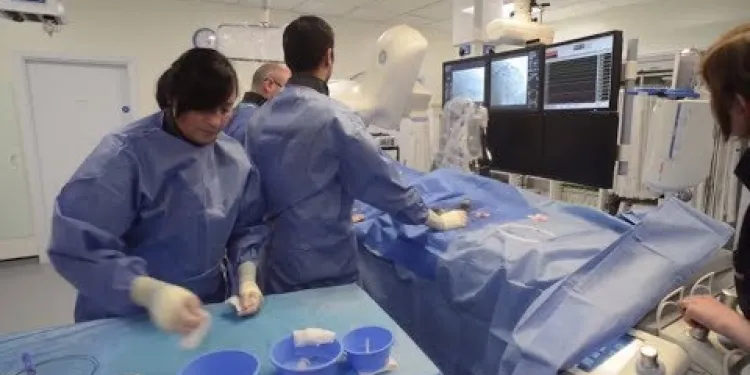
Heart attack care - Raigmore Hospital Inverness, NHS Highland
Relevance: 47%
-
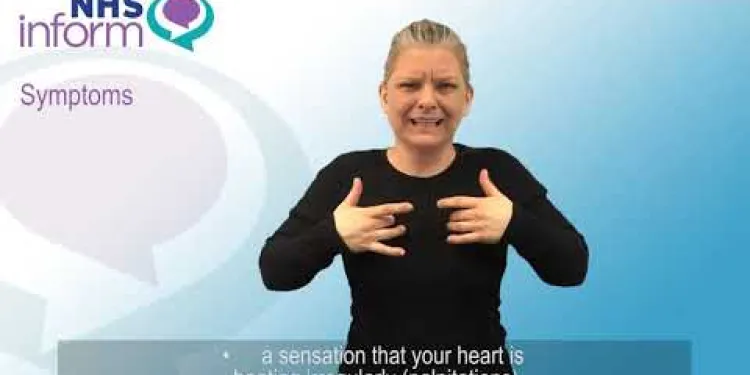
BSL - Symptoms of panic disorder
Relevance: 47%
-
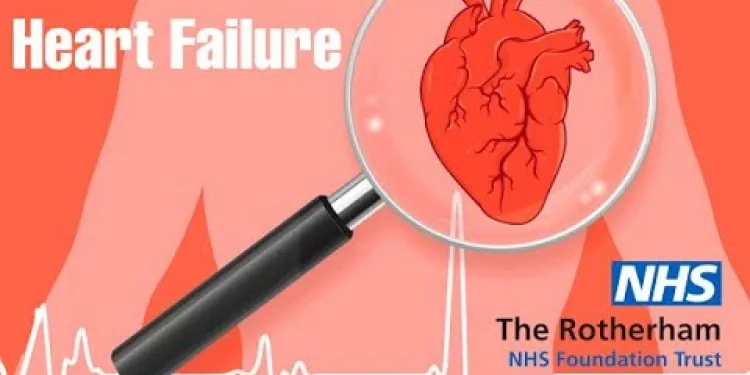
Heart Failure : Symptoms of heart failure
Relevance: 46%
-
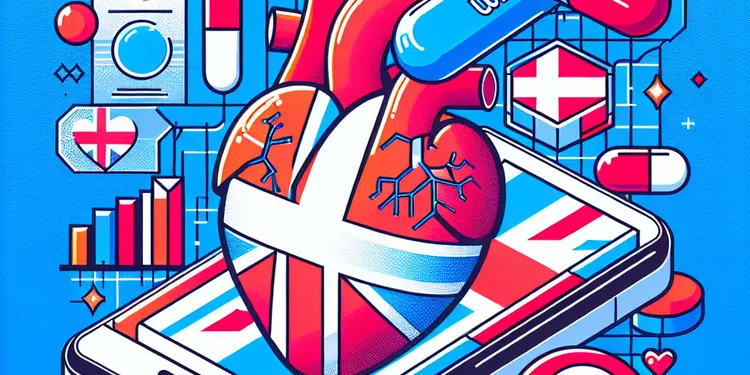
Do calcium channel blockers help in preventing heart attacks?
Relevance: 45%
-
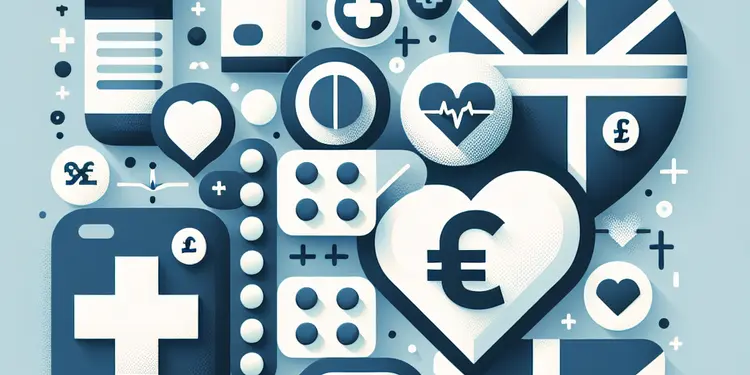
What drugs are commonly prescribed to reduce the risk of heart attacks?
Relevance: 45%
-
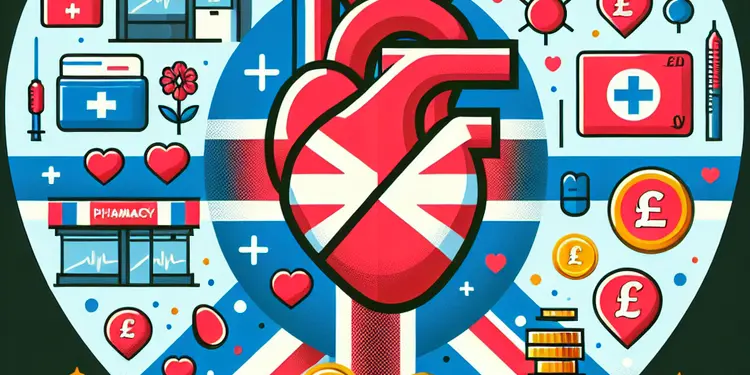
Do over-the-counter medications help in preventing heart attacks and strokes?
Relevance: 45%
-
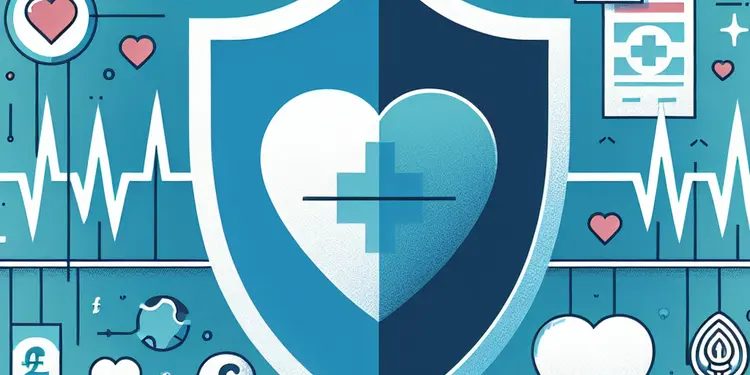
When should one start taking medication for heart attack prevention?
Relevance: 45%
-
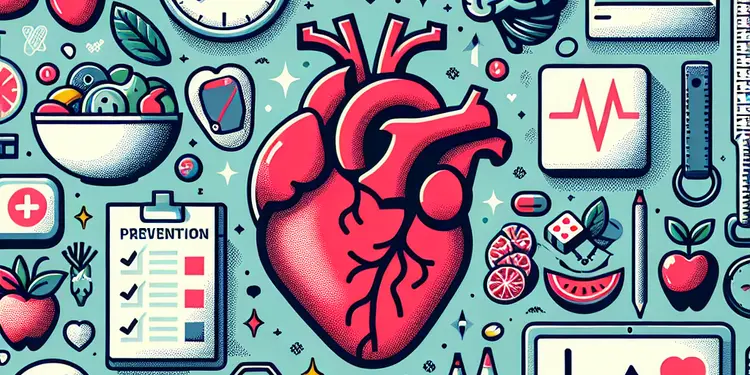
What is the role of lifestyle modification in heart attack and stroke prevention?
Relevance: 44%
-
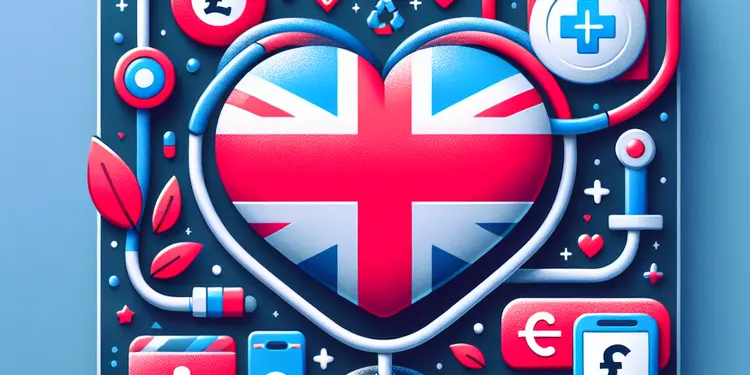
Do all patients need medication to prevent heart attacks and strokes?
Relevance: 44%
-
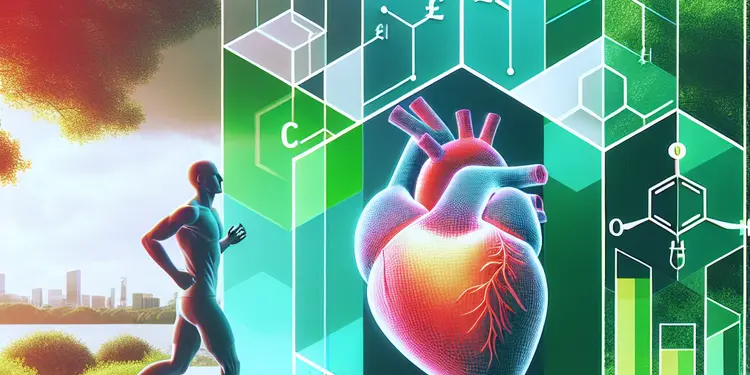
What is the role of PCSK9 inhibitors in heart attack prevention?
Relevance: 43%
-
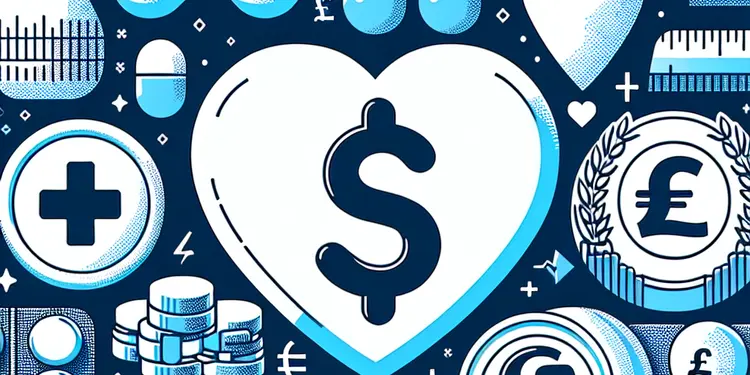
Can diabetes medications also help reduce heart attack risk?
Relevance: 42%
-

Is the DVSA Theory Test available in British Sign Language (BSL)?
Relevance: 39%
-
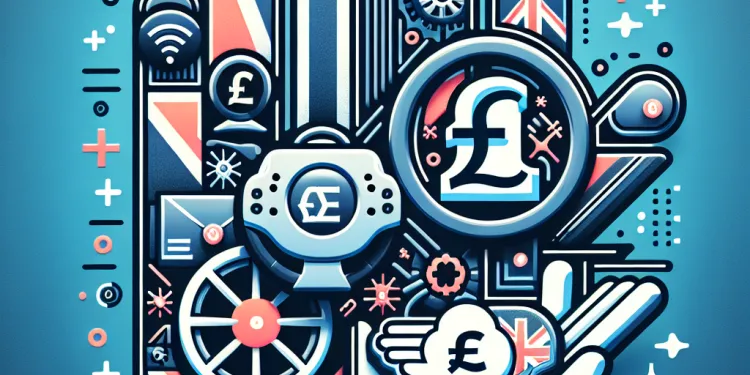
The DVSA Theory Test, BSL, and accessibility
Relevance: 38%
-
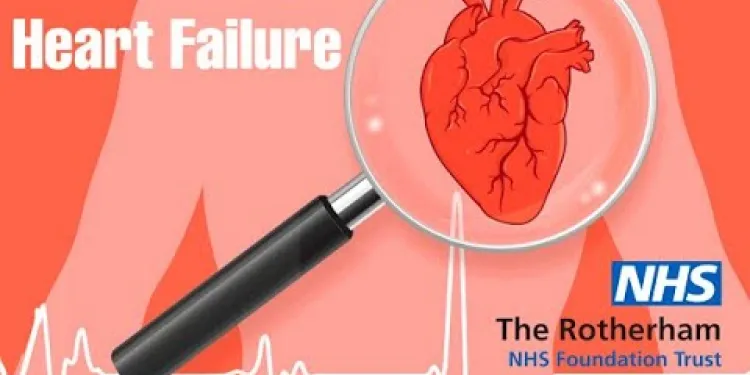
Heart Failure : When the heart becomes stiff?
Relevance: 38%
-
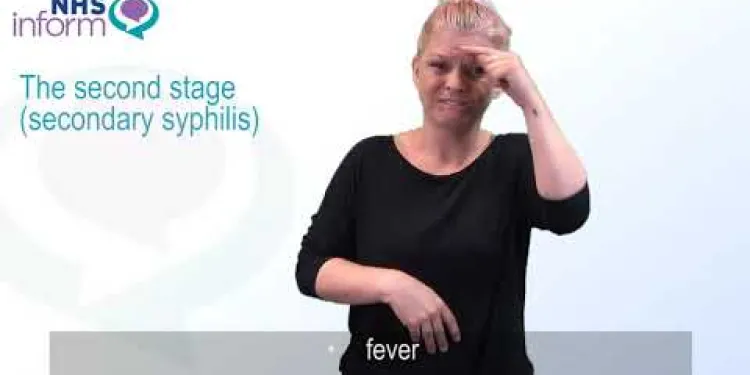
BSL Syphilis
Relevance: 37%
-
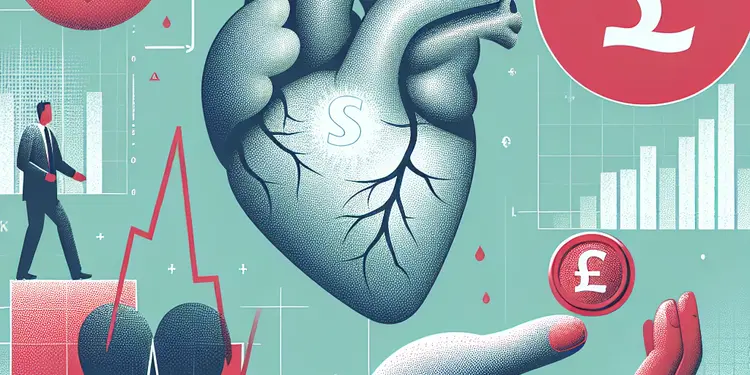
What should I do if I experience symptoms of heart failure?
Relevance: 37%
-
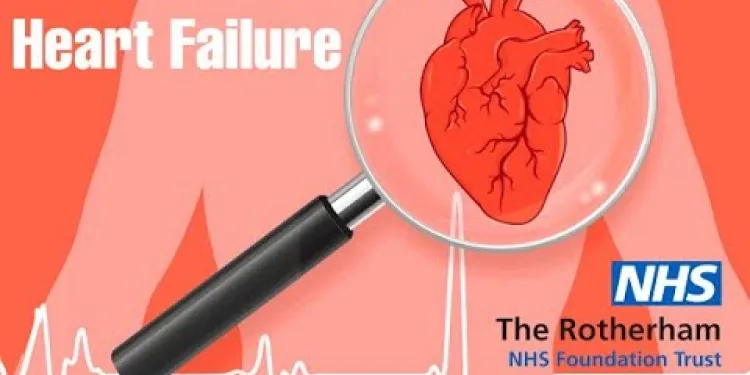
Heart Failure : The normal heart
Relevance: 36%
-
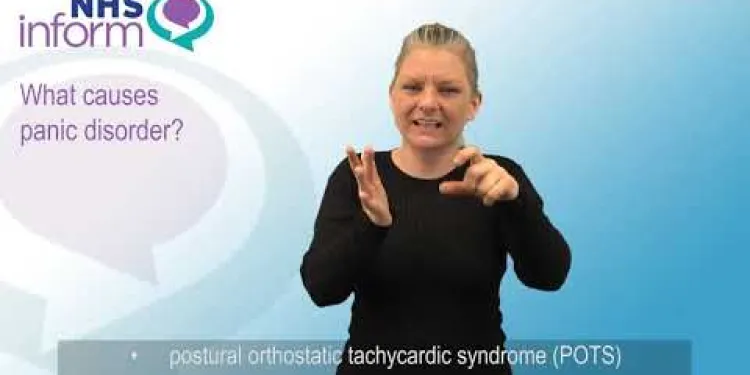
BSL - Introduction to panic disorder
Relevance: 36%
-
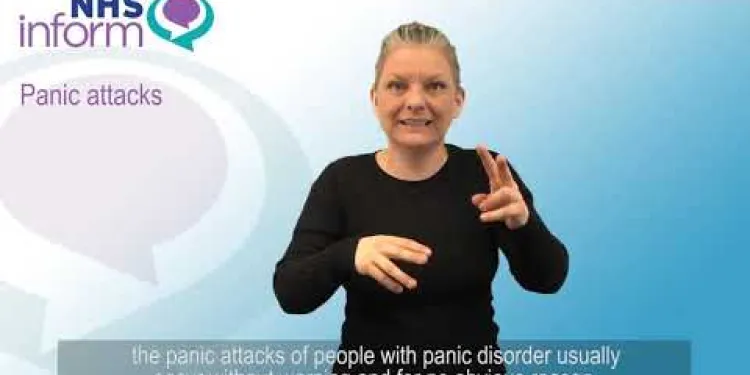
BSL - Diagnosis of panic disorder
Relevance: 36%
-
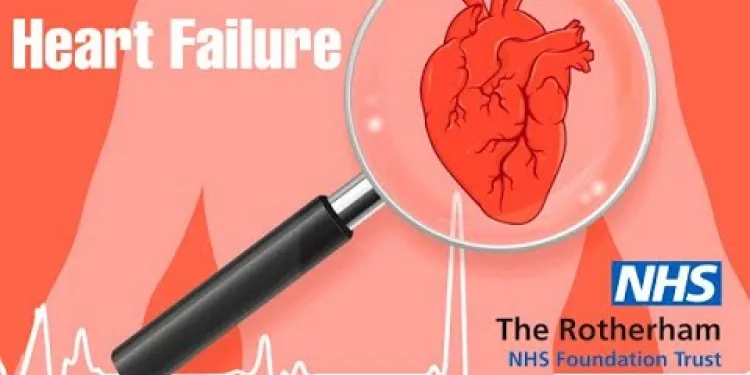
Heart Failure : What is heart failure?
Relevance: 36%
-
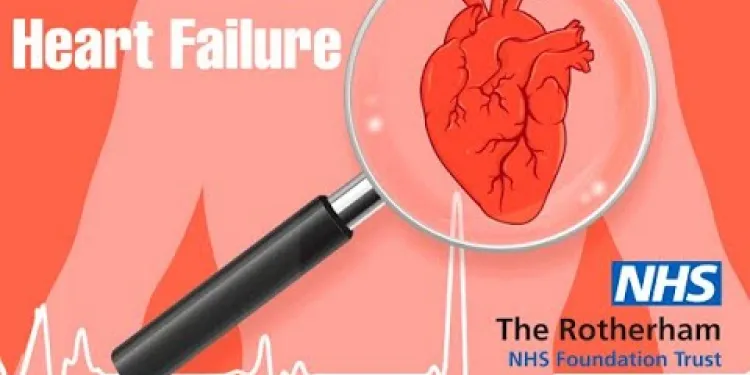
Heart Failure : Heart failure that cannot pump
Relevance: 36%
Heart Attack Symptoms - Peter Dale (Tubes) | NHS - BSL Version
Overview of Heart Attack Symptoms
A heart attack, also known as a myocardial infarction, occurs when the blood supply to a part of the heart muscle is blocked. This can cause permanent damage to the heart muscle if not treated promptly. Knowing the symptoms of a heart attack is crucial for getting timely medical help and minimizing damage. In this section, we will outline the key symptoms to watch out for, as highlighted in the NHS BSL (British Sign Language) version provided by Peter Dale, famously known as Tubes.
Classic Symptoms of a Heart Attack
The most common symptom of a heart attack is chest pain or discomfort. This pain often lasts longer than a few minutes, or it may go away and come back. It can feel like pressure, tightness, or squeezing in your chest. Other notable symptoms include:
- Pain spreading to the arms, neck, jaw, or back
- Shortness of breath
- Nausea or vomiting
- Feeling light-headed or dizzy
- Breaking out in a cold sweat
Lesser-Known Symptoms
While chest pain is the hallmark symptom, not everyone experiences it. Especially in women, older adults, and people with diabetes, symptoms may be more subtle. These can include unexplained fatigue, weakness, or a general feeling of unwellness. It’s important to understand that a heart attack doesn’t always present with dramatic symptoms and can sometimes feel like indigestion or flu-like symptoms.
What to Do in Case of a Heart Attack
If you or someone else is experiencing symptoms of a heart attack, it’s crucial to act fast. Call 999 immediately and ask for an ambulance. While waiting for help, try to stay calm and rest. If the person is conscious, they can chew and swallow an aspirin (unless they're allergic) which helps to thin the blood.
Conclusion
Understanding the symptoms of a heart attack can save lives. The information provided in the NHS BSL version by Peter Dale (Tubes) is an essential resource for the deaf and hard-of-hearing community. Recognizing the signs early and acting promptly increases the chances of survival and reduces the likelihood of lasting heart damage. Always err on the side of caution and seek medical help if you suspect a heart attack.
Heart Attack Symptoms - Peter Dale (Tubes) | NHS - BSL Version
Overview of Heart Attack Symptoms
A heart attack happens when a part of the heart doesn’t get enough blood. This can hurt the heart. It's important to know what a heart attack feels like. This helps you get help quickly. Here, we talk about the signs of a heart attack. This is based on the NHS video by Peter Dale, also known as Tubes.
Classic Symptoms of a Heart Attack
A common sign of a heart attack is pain in the chest. This pain can last for a few minutes or go away and come back. It may feel like pressure or squeezing. Other important signs are:
- Pain in the arms, neck, jaw, or back
- Trouble breathing
- Feeling sick or throwing up
- Feeling dizzy or light-headed
- Getting a cold sweat
Lesser-Known Symptoms
Not everyone feels chest pain during a heart attack. Some, like women and older people, may feel other things. They may feel very tired, weak, or just not well. A heart attack can also feel like a stomach ache or the flu.
What to Do in Case of a Heart Attack
If you think someone is having a heart attack, get help right away. Call 999 for an ambulance. Stay calm and rest while waiting. If awake, the person can chew an aspirin (if they’re not allergic) to help thin their blood.
Conclusion
Knowing heart attack signs can help save lives. The NHS video by Peter Dale (Tubes) helps the deaf community understand these signs. Seeing the signs early and getting help fast can save the heart from more harm. Always be careful and get medical help if you think it might be a heart attack.
Frequently Asked Questions
What are the common symptoms of a heart attack?
Common symptoms of a heart attack include chest pain or discomfort, pain in other parts of the body such as arms, neck, jaw, back, or stomach, shortness of breath, feeling weak, lightheaded, or faint, and overwhelming anxiety similar to a panic attack.
Is chest pain always present during a heart attack?
Not always. Some people may experience mild discomfort or pressure rather than intense pain. It's also possible to have other symptoms without chest pain, especially in women, the elderly, and people with diabetes.
Can heart attack symptoms differ between men and women?
Yes, women might experience additional symptoms such as nausea, vomiting, back pain, and jaw pain. They may not have the stereotypical severe chest pain that men often experience.
How long do heart attack symptoms typically last?
Heart attack symptoms can last for more than a few minutes or come and go. Persistent or intermittent chest discomfort, shortness of breath, and other symptoms need immediate medical attention.
What should I do if I suspect someone is having a heart attack?
Call 999 immediately for emergency services. Ensure the person is sitting in a comfortable position, provide aspirin if they're not allergic, and wait for emergency help to arrive.
Is it safe to wait and see if heart attack symptoms go away on their own?
No, it's critical to seek emergency medical help right away. Delays can result in severe damage to the heart muscle and potentially fatal outcomes.
Can anxiety or panic attacks mimic heart attack symptoms?
Yes, anxiety and panic attacks can cause chest pain, rapid heartbeat, and shortness of breath, similar to heart attack symptoms. It's important to seek medical advice to distinguish between the two.
Are there any risk factors that increase the likelihood of a heart attack?
Risk factors include smoking, high blood pressure, high cholesterol, diabetes, obesity, a sedentary lifestyle, and a family history of heart disease.
Can physical activity trigger a heart attack?
Intense physical activity can sometimes trigger a heart attack in individuals with underlying heart conditions. However, regular moderate exercise is beneficial for heart health.
What are the less common symptoms of a heart attack?
Less common symptoms include unusual fatigue, sleep disturbances, indigestion, and abdominal discomfort. These can especially occur in women.
Can heart attacks be silent?
Yes, some heart attacks are known as silent myocardial infarctions and may occur without noticeable symptoms or be misinterpreted as less serious conditions.
How can heart attacks be prevented?
Prevention includes lifestyle changes like adopting a healthy diet, regular exercise, avoiding smoking, maintaining a healthy weight, and managing stress. Medical management of risk factors such as high blood pressure, cholesterol, and diabetes is also crucial.
Is there a difference between a heart attack and cardiac arrest?
Yes, a heart attack occurs when blood flow to the heart muscle is blocked, while cardiac arrest happens when the heart suddenly stops beating due to electrical disturbances.
What role does diet play in heart attack prevention?
A diet low in saturated fats, trans fats, cholesterol, and sodium, and rich in fruits, vegetables, whole grains, and lean proteins can reduce the risk of heart disease and heart attacks.
Can stress cause a heart attack?
Chronic stress can contribute to risk factors like high blood pressure and unhealthy behaviors, increasing the likelihood of heart attacks. Acute stress can also trigger a heart attack, especially in individuals with existing heart conditions.
What happens when someone has a heart attack?
Sometimes, people have a heart attack, which means their heart is in trouble. Here are signs to watch for:
- Your chest feels tight or hurts.
- It might hurt in your arms, back, neck, or jaw.
- You might feel out of breath.
- You could feel sick to your stomach.
- You might feel dizzy or lightheaded.
- Some people sweat a lot.
If you see these signs, tell an adult to get help right away.
If reading is hard, ask someone to read with you or use a tool that reads text out loud.
A heart attack can make you feel really bad. Here are some signs:
- Your chest might hurt or feel funny.
- You might feel pain in your arms, neck, jaw, back, or belly.
- It might be hard to breathe.
- You could feel weak, dizzy, or like you might pass out.
- You could feel very scared or worried, like a panic attack.
If you feel any of these signs, tell an adult and call for help right away.
It can help to use pictures or videos to understand better. You can also ask someone to read it with you.
Do you always have chest pain if you have a heart attack?
Sometimes, people feel chest pain when they have a heart attack. But not always.
Here are some other signs of a heart attack:
- Feeling very tired or weak
- Feeling dizzy or lightheaded
- Pain in your back, neck, or jaw
- Feeling sick to your stomach
- Trouble breathing
If you think someone is having a heart attack, call for help right away!
Tools that can help:
- Ask a friend or family member to go with you to the doctor.
- Use pictures or drawings to understand better.
Sometimes it might not hurt a lot. Some people feel a little uncomfortable or feel like something is pressing on them. It might not always be really painful. Some people can have other signs without having chest pain. This can happen with women, older people, and people with diabetes.
Here are some things that can help:
- Talk to a friend or family member about how you feel.
- If you have a phone or tablet, you can use a voice assistant to read things out loud to you.
- Try to stay calm and take deep breaths if you feel worried.
- Ask a doctor if you have any questions about your health.
Do heart attack signs look different for men and women?
Yes, heart attack signs can be different.
For Men: They might feel:
- Chest pain
- Pain in arms or shoulders
- Shortness of breath
For Women: They might feel:
- Tiredness
- Nausea or feel sick
- Stomach pain
- Chest pain
- Pain in neck, jaw, or back
Helpful Tip: If you feel these signs, tell a doctor.
Yes, women might feel more signs like feeling sick, throwing up, back pain, and jaw pain. They might not feel the strong chest pain that men usually feel.
Using tools like text-to-speech apps can help read the text out loud. Also, breaking down big words into smaller parts can make it easier to understand.
How long do heart attack signs last?
A heart attack can feel like a strong pain in the chest. This pain might stay for a long time or come and go. You might also find it hard to breathe. If you feel like this, it's important to see a doctor quickly.
What to Do if You Think Someone Has a Heart Attack
If you think someone is having a heart attack, you should:
- Call 911 or your emergency number right away.
- Stay calm and stay with the person.
- Have the person sit down and rest.
- If the person has medicine for chest pain, like nitroglycerin, help them take it.
- While waiting for help to come, stay with the person and keep them calm.
Tools that can help:
- A phone to call for help.
- Know the emergency number in your area.
Call 999 right away to get help fast. Make sure the person sits in a comfy spot. Give them an aspirin if they are not allergic. Wait for help to come.
Is it okay to wait and see if heart attack signs go away on their own?
If you think you might be having a heart attack, don't wait. Call for help right away.
Heart attack signs are very serious and need quick help. Do not wait to see if they stop. Call emergency services or ask someone to help you get to the hospital.
Use tools like pictures or videos to learn more about heart attacks. This can help you understand what is happening.
No, it is very important to get emergency help from a doctor quickly. Waiting too long can hurt the heart badly and can be very dangerous.
Can feeling very worried or scared feel like a heart attack?
Sometimes when people feel very worried or scared, it can seem like they are having a heart attack. Their heart might beat fast, and they might feel pain in their chest.
If you feel this way, it is important to tell an adult or see a doctor. They can help you feel better and check if your heart is okay.
Talking to someone you trust or using calm breathing can also help when you feel very worried or scared.
Yes, feeling very worried or having a panic attack can make your chest hurt, make your heart beat fast, and make it hard to breathe. These feel a lot like heart attack signs. It is important to talk to a doctor to know if it is a heart attack or not.
If you feel like this, try to stay calm and slow your breathing. You can also try counting slowly or thinking of something that makes you happy. But always ask a doctor for help to make sure everything is okay.
What can make a heart attack more likely?
Some things can make having a heart attack more likely. These are:
- Being older than 45 years.
- Smoking cigarettes.
- Being very overweight.
- Not exercising much.
- Having high blood pressure.
- Eating lots of unhealthy food.
- Having diabetes.
- Having a family member who had a heart attack.
Using simple tools can help. Try these:
- Use pictures and charts to understand better.
- Talk to someone if you have questions.
- Write down what you learn.
Things that can make heart problems more likely are: smoking, high blood pressure, too much fat in the blood, diabetes, being very overweight, not moving around much, and if family members have had heart trouble before.
Can exercise cause a heart attack?
Exercise is good for your health. But sometimes, if you do too much exercise, it can be unsafe for your heart.
If you are not sure about your heart, talk to a doctor before doing hard exercise.
Here are some tips to keep safe:
- Start slow and easy.
- Listen to your body. If you feel pain, stop and rest.
- Drink water to stay hydrated.
If you have any worries, it is always okay to ask for help.
Doing a lot of hard exercise can make your heart sick if you already have heart problems. But doing gentle exercise often is good for your heart.
What are the less common signs of a heart attack?
A heart attack can have some signs you might not know about. Here are some less common signs:
- Feeling dizzy or like you might faint
- Feeling very tired for no reason
- Feeling sick to your stomach
- Pain in your back, neck, or jaw
- Having a hard time catching your breath
If you think someone is having a heart attack, call for help right away. You can also talk to a doctor if you have questions.
To help read better, you can:
- Use a ruler to follow each line
- Ask someone to read with you
- Take notes about what you read
- Read slowly and take breaks
Some other signs might be feeling very tired, having trouble sleeping, tummy aches, or an upset stomach. These happen more often in women.
Can you have a heart attack without knowing?
Yes, some heart attacks are called "silent" because they happen without the person feeling any strong pain or symptoms. They might feel just a little bit dizzy or tired.
It is important to look after your heart. You can eat healthy food, exercise, and visit the doctor for regular check-ups.
If you feel unwell, tell someone you trust, like a family member or a teacher. They can help you get to a doctor.
Yes, some heart attacks are called "silent heart attacks." They can happen without you knowing or seem like other less serious problems.
How can I stop a heart attack?
A heart attack is when the heart gets hurt. Here are ways to keep your heart healthy:
- Eat fruits and vegetables every day.
- Move your body with fun activities like walking or dancing.
- Try not to eat too much junk food like candy or chips.
- Do not smoke. If you need help to stop, ask a doctor.
- Visit the doctor for check-ups to keep your heart strong.
If you need help understanding this, ask a friend or family member to read it with you.
You can also use pictures to help remember these things.
To stay healthy, try to:
- Eat good food.
- Exercise often.
- Don't smoke.
- Keep a healthy weight.
- Stay calm and not too stressed.
It is also important to:
- Watch your blood pressure.
- Check your cholesterol.
- Take care of diabetes if you have it.
Here are some tools and techniques that can help you:
- Use a calendar to plan your exercises and meals.
- Try apps that remind you to take medicine.
- Talk to a doctor about checking your health.
Are a heart attack and cardiac arrest the same?
No, they are not the same. Here is what makes them different:
Heart Attack: This happens when blood can't get to the heart. The heart needs blood to work well. Without blood, the heart can get hurt.
Cardiac Arrest: This happens when the heart stops beating all of a sudden. When this happens, the heart can't pump blood to the body.
Here are some tips to understand better:
- Use a picture to see how the heart works.
- Watch a simple video about the heart.
- Ask someone for help if you get confused.
Yes, a heart attack happens when the blood can’t get to the heart muscle. Cardiac arrest is when the heart stops beating suddenly because of problems with the heart’s electrical signals.
How does food help stop heart attacks?
Eating healthy is good for your heart.
Here are some tips for eating healthy:
- Eat less foods with bad fats. Bad fats are called saturated and trans fats.
- Eat less cholesterol and salt (also called sodium).
- Eat lots of fruits and vegetables. They are good for you!
- Eat whole grains like brown bread and oats.
- Eat lean proteins. These are meats like chicken and fish.
Eating healthy can help keep your heart strong and lower the chance of heart problems.
If reading is hard, try these tips:
- Read slowly and take breaks.
- Use a pointer like your finger or a pen to follow along.
- Ask someone to read with you.
Can stress cause a heart attack?
Stress is when you feel worried or nervous.
Too much stress can be bad for your heart.
When you feel stressed all the time, it can make your heart work too hard. This might lead to a heart attack.
Here are some tools to help:
- Take deep breaths to relax
- Talk to someone you trust about your feelings
- Try doing exercises like walking or yoga
- Rest and get enough sleep
Being kind to yourself is important!
Stress that lasts a long time can make you sick. It can cause things like high blood pressure and bad habits. This can lead to heart attacks. Stress that happens suddenly can also cause a heart attack, especially in people who already have heart problems.
Useful Links
This website offers general information and is not a substitute for professional advice.
Always seek guidance from qualified professionals.
If you have any medical concerns or need urgent help, contact a healthcare professional or emergency services immediately.
- Ergsy carfully checks the information in the videos we provide here.
- Videos shown by Youtube after a video has completed, have NOT been reviewed by ERGSY.
- To view, click the arrow in centre of video.
- Most of the videos you find here will have subtitles and/or closed captions available.
- You may need to turn these on, and choose your preferred language.
- Go to the video you'd like to watch.
- If closed captions (CC) are available, settings will be visible on the bottom right of the video player.
- To turn on Captions, click settings .
- To turn off Captions, click settings again.
More Items From Ergsy search
-

Heart Attack Symptoms - Peter Dale (Tubes) | NHS - BSL version
Relevance: 100%
-

How long do heart attack symptoms last?
Relevance: 63%
-

Are heart attack symptoms different for people with diabetes?
Relevance: 63%
-

Can heart attack symptoms vary by age?
Relevance: 63%
-

What should I do if I'm experiencing heart attack symptoms?
Relevance: 62%
-

Heart Attack Symptoms - Peter Dale (Tubes) | NHS
Relevance: 61%
-

Heart Attack Symptoms - Help Us Help You | NHS
Relevance: 60%
-

Can women have different heart attack symptoms than men?
Relevance: 57%
-

Get cancer symptoms checked by your GP | NHS - BSL version
Relevance: 57%
-

Heart Attack Stories | NHS
Relevance: 57%
-

Heart Attack Stories | NHS
Relevance: 57%
-

Is it possible to prevent a heart attack?
Relevance: 53%
-

What are the long-term effects of a heart attack?
Relevance: 52%
-

Is it possible to have a heart attack without chest pain?
Relevance: 52%
-

How can I differentiate between heartburn and a heart attack?
Relevance: 51%
-

What are the risk factors for a heart attack?
Relevance: 51%
-

BSL - How to deal with panic attacks
Relevance: 50%
-

Can physical exertion trigger a heart attack?
Relevance: 49%
-

How do beta-blockers contribute to heart attack prevention?
Relevance: 48%
-

Heart attack care - Raigmore Hospital Inverness, NHS Highland
Relevance: 47%
-

BSL - Symptoms of panic disorder
Relevance: 47%
-

Heart Failure : Symptoms of heart failure
Relevance: 46%
-

Do calcium channel blockers help in preventing heart attacks?
Relevance: 45%
-

What drugs are commonly prescribed to reduce the risk of heart attacks?
Relevance: 45%
-

Do over-the-counter medications help in preventing heart attacks and strokes?
Relevance: 45%
-

When should one start taking medication for heart attack prevention?
Relevance: 45%
-

What is the role of lifestyle modification in heart attack and stroke prevention?
Relevance: 44%
-

Do all patients need medication to prevent heart attacks and strokes?
Relevance: 44%
-

What is the role of PCSK9 inhibitors in heart attack prevention?
Relevance: 43%
-

Can diabetes medications also help reduce heart attack risk?
Relevance: 42%
-

Is the DVSA Theory Test available in British Sign Language (BSL)?
Relevance: 39%
-

The DVSA Theory Test, BSL, and accessibility
Relevance: 38%
-

Heart Failure : When the heart becomes stiff?
Relevance: 38%
-

BSL Syphilis
Relevance: 37%
-

What should I do if I experience symptoms of heart failure?
Relevance: 37%
-

Heart Failure : The normal heart
Relevance: 36%
-

BSL - Introduction to panic disorder
Relevance: 36%
-

BSL - Diagnosis of panic disorder
Relevance: 36%
-

Heart Failure : What is heart failure?
Relevance: 36%
-

Heart Failure : Heart failure that cannot pump
Relevance: 36%


